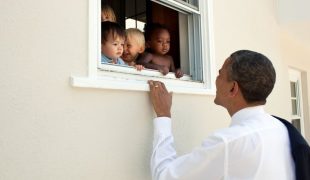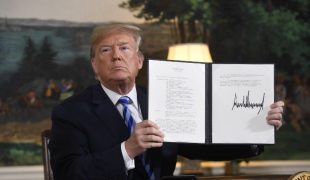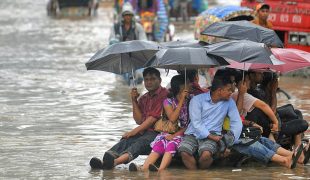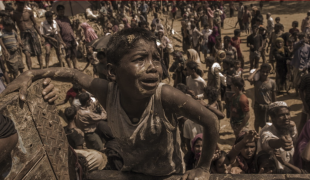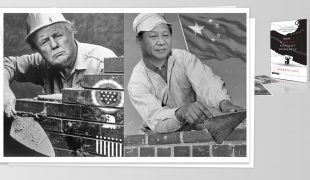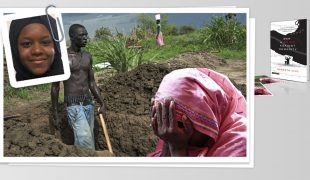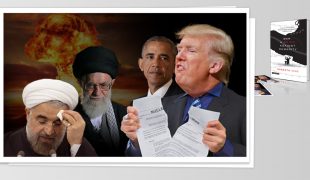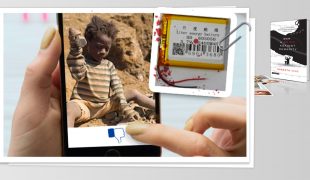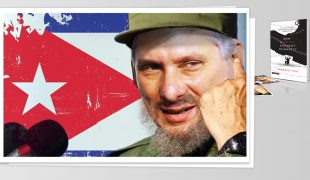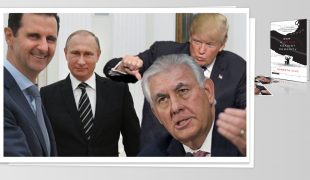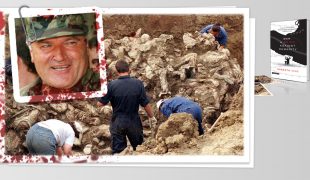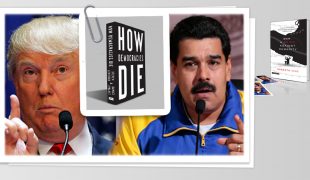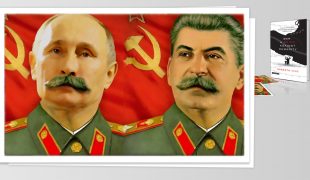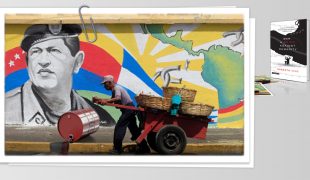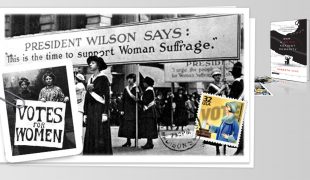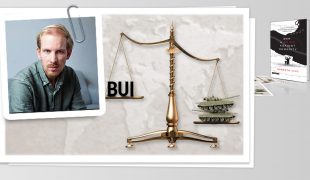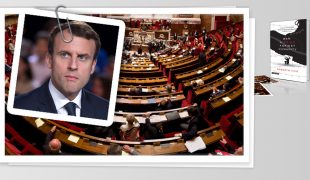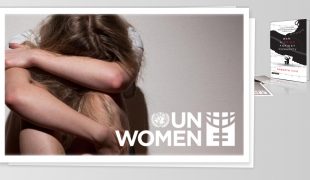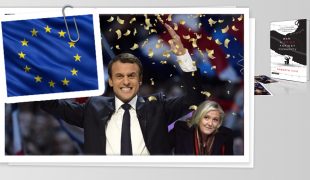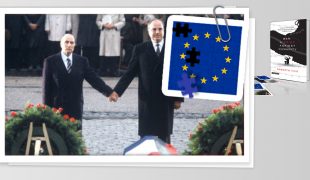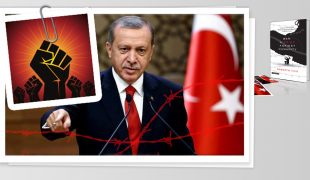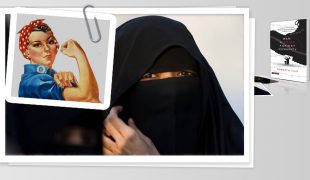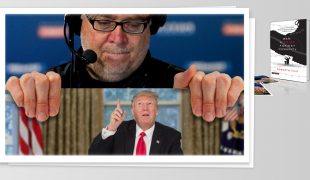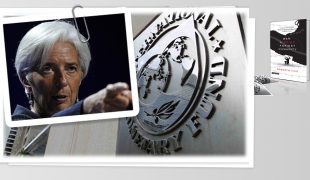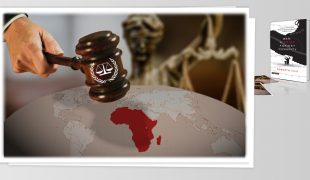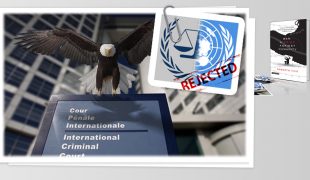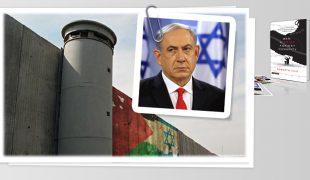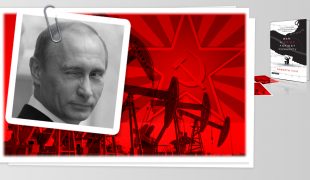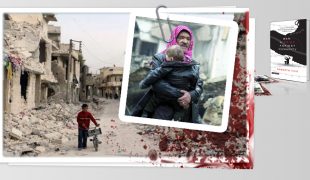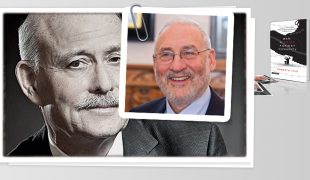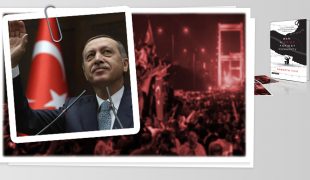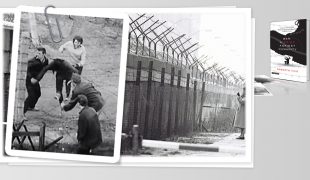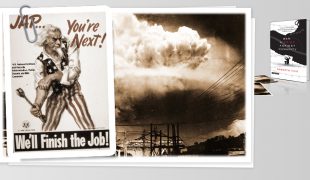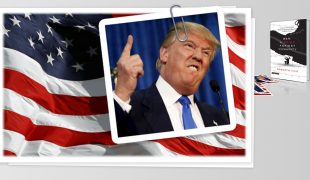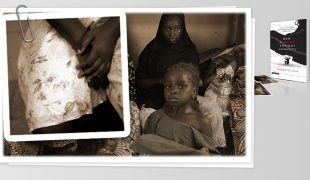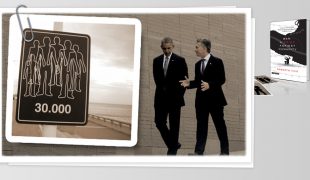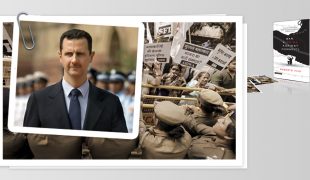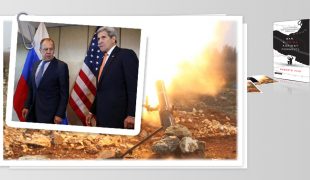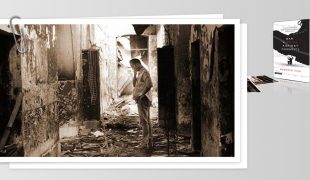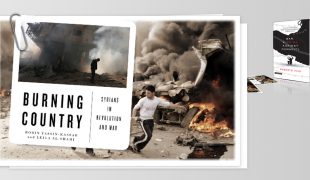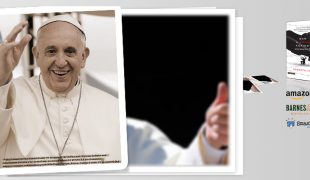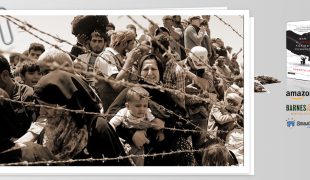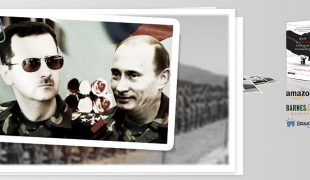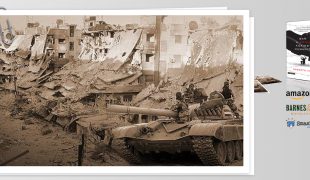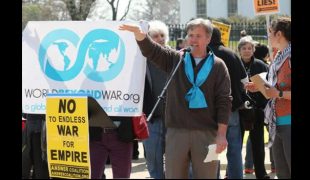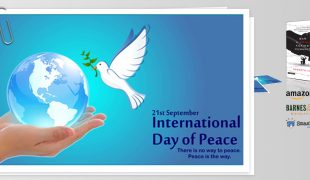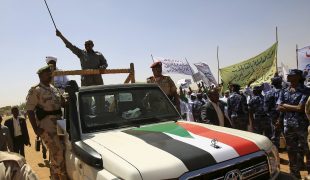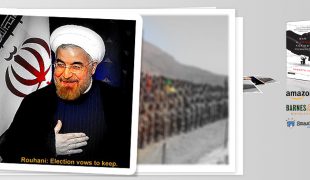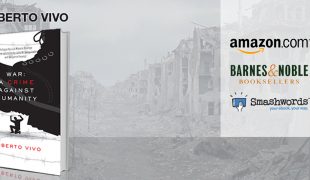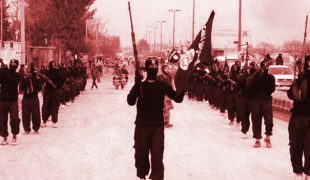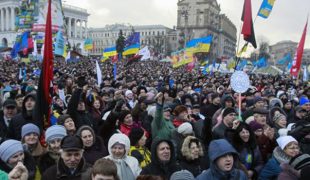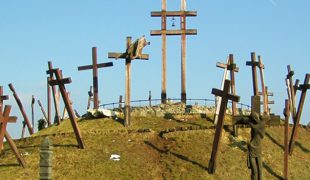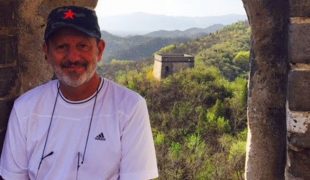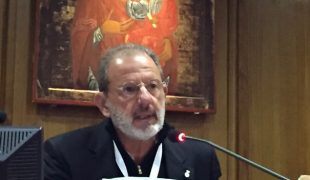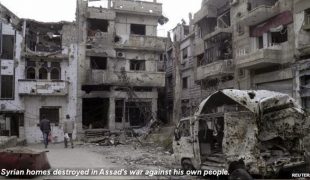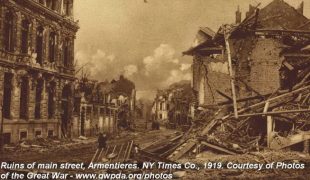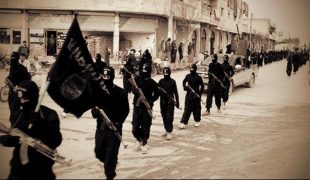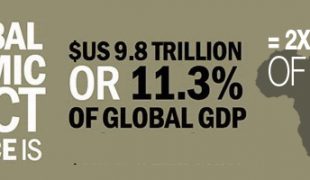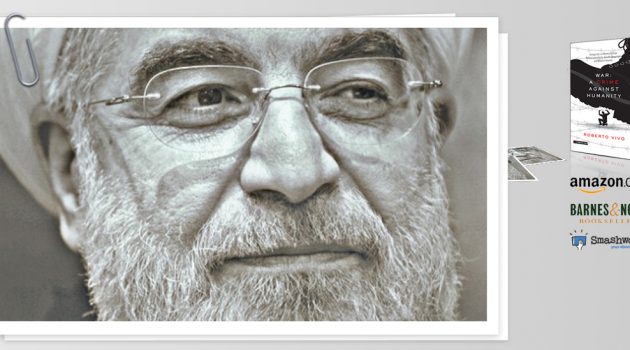
Why the Iran Nuclear Talks Matter
A deadline came and went without incident last Tuesday, in talks being held in Vienna between Iran and the so-called P5+1―the five permanent members of the UN Security Council (the US, the UK, China, France and Russia) plus Germany―regarding the Arab nation’s atomic energy program.
The fact that all parties involved decided to remain at the negotiating table for another week should bring a sigh of relief to everyone but hardline warmongers everywhere in the world, because it is of vital importance to world peace that a workable nuclear agreement be reached between the leading military powers and Iran. Failure of this to happen and an ultimate walkout by the US and/or Iran might very likely lead to new and even more expansive conflicts in the Middle East in the future, and to the ghost of nuclear war in an area of the world fraught with multilateral hostilities and rivalries.
US President Barack Obama has twice this week warned that the United States will “walk away” if the final deal proposed for Iran’s nuclear future is a “bad one”. President Obama pointed specifically to persistent disagreement between Washington and Teheran over inspections of nuclear sites. Obama says that without such inspections to complement assurances that Iran won’t try to develop nuclear arms “we’re not going to get a deal.” More specifically, the US leader says that inspections can’t consist of “declarations” from the Iranian government and “a few inspectors wandering around every once in a while.” Any international accord had to include, he said, “a serious, rigorous verification system.”
Iranian leaders have echoed the US president’s attitude from their own standpoint as well, saying that a bad deal for them is worse than no deal at all. What negotiations are hinging on is hammering out a final deal that both sides can live with: So far, Teheran refuses to accept any deal that doesn’t do away with all economic sanctions imposed against it from 1979 through 2006, and Washington refuses to accept Iran’s idea of compliance with nuclear development restrictions as long as it fails to include a workable international inspection and monitoring system for any treaty. Before last Tuesday’s self-imposed deadline came and went, Iran was under great pressure to cut a deal prior to expiration of the deadline. As June 30th drew near, President Obama was reported to have sent a private message to Iranian leaders. The importance of the alleged message was clear since it was supposedly carried to Teheran by neighboring Iraq’s Prime Minister Haider al-Abadi, who had met with Obama earlier in the month at the G7 conference held in Germany. One might speculate that this message was what Iranian leaders were referring to when they indicated that in private the US talked reasonably about working out kinks in international negotiations to reach a nuclear agreement, but then made threats in public.
One of the naked threats that Washington made in the past, and that remains a tacit option today, is that of bombing Iranian nuclear facilities, should it prove impossible to reach a consensus regarding what Iran can and can’t do in developing its atomic energy sector. And yet, when Israel threatened last year to unilaterally run airstrikes on Iranian nuclear facilities, there were reports that Washington had warned the Israelis to stand down or risk having their warplanes shot down by the United States.
Obama keeping Netanyahu at arm’s length
It isn’t hard to make a connection between the apparent intransigence of the US and Iran on issues that continue to stymie the Vienna talks and the pressure that moderate leaders of both countries are under from hardline opponents at home. Throughout the Obama administration’s entire policy-setting process aimed at bringing Iran into the fold after decades of hostile relations between the two nations, the Executive Branch has had to deal with a dogged effort on the part of highly influential Republican hardliners to torpedo any deal whatsoever that would permit Iran to continue to develop its nuclear program. Republican right-wingers have gone as far as writing a letter to leaders in Teheran telling them that they might as well not continue talks with the president because any deal Obama made, they would break, and as inviting hawkish Israeli Prime Minister Benjamin Netanyahu to speak on the “Iran threat” before the US Congress, at a time when Obama’s administration was holding the Israeli premier at arm’s length in an effort to pressure him into taking a more flexible stance toward peace-building in the Middle East.
Hassan Rouhani – moderate by comparison
To speak of moderates in Iran’s ―by nature― fundamentalist theocracy is, of course, to speak in relative terms. But if such a thing exists, current Iranian President Hassan Rouhani qualifies. Since his first day in office, following his election in 2013, Rouhani has spoken out for greater openness to the world at large, as well as for measures to repair the Arab country’s tarnished international reputation and to regain worldwide trust (something there is precious little of between Washington and Teheran). He is seen as a supporter of broader-ranging civil rights, quoted as saying, “We want the people, in their private lives, to be completely free, and in today’s world having access to information and the right of free dialogue, and the right to think freely, is the right of all peoples, including the people of Iran.” He has also spoken out for a greater measure of gender equality, saying, “There must be equal opportunities for women. There is no difference between man and woman in their creation, in their humanity, in their pursuit of knowledge, in their understanding, in their intelligence, in their religious piety, in serving God and in serving people.”
And most observers agree that there have been slight improvements in the time since Rouhani took office, even if in a country where the president is still referred to as Supreme Leader and where a religious elite accountable to practically no one remains in overall possession of the reins. Critics argue, nevertheless, that way too little has changed to date, and that theocratic state concessions have been meager, especially in the area of human rights. They cite the fact that the state has put nearly 600 people to death since Rouhani took office. That said, however, and despite the incomparability of the Iranian and US political and justice systems, it should be pointed out that there are currently over 3,000 prisoners on death row in the United States, awaiting execution following a generally appropriate appeals process.
The point, however, is that one of the reasons things change, arguably, at a snail’s pace in Iran is the same reason why the Obama administration might talk softly in private negotiations―not only on Iran’s nuclear future but on a variety of other issues as well―but carries a big stick when it discusses foreign policy in public. It’s that backstage, behind both relatively moderate administrations, there is a hawkish hardline opposition, eager to see them fail to negotiate a nuclear development treaty, when that sort of instrument, prudently structured and judiciously imposed, is the only answer to creating vastly improved relations between Iran and the West, protecting Israel from what it sees as a potentially devastaing enemy and finding ways in which Iran and the major powers can work together to solve mutual problems, while opening the door to the Arab nation’s development―stifled for decades by crippling sanctions imposed because of its originally undisclosed nuclear development.
Beyond the fact that what is being discussed is nuclear power―a subject that gives pause for contemplation at any level―there are other reasons why it is important that the major powers should continue to try to incorporate Iran into the concert of nations, rather than basically keeping it on ice as they have for the past three and a half decades. Iran is not, like a number of troubled areas of the Middle East, a capricious invention of the victors of the two world wars, and especially of World War I, when new borders were crudely drawn with pencils and rulers and with no regard whatsoever for sectarian, ethnic or tribal distinctions that had ruled the region for centuries. Iran is the modern incarnation of ancient Persia. The name Iran is derived from a Persian term meaning “Land of the Aryans”, and it is home to one of the world’s oldest cultures, established more than 3,000 years before the Common Era.
Ayatollah Khomeni
The Iranians have resisted Ottoman, Russian, British and American domination since the eighteenth century. The current bad blood between the US and Iran stems from the 1979 Islamic Revolution that wrested power from the hands of then Shah of Iran Mohammad Reza Pahlavi, who had for decades maintained very close ties to the United States. Overnight, Washington and Teheran went from being close allies in the region to being bitter enemies. Under the medieval strictures of the radicalized regime of then Supreme Leader Ayatollah Ruhollah Khomeni, Iran withdrew into itself and one of the best-kept secrets of the hermetic cleric-led system that followed was the country’s robust nuclear program.
The alarms bells that discovery of the country’s atomic energy development plans set off were particularly loud in the capitals of two of America’s closest allies: Israel and Saudi Arabia. Israeli Prime Minister Netanyahu clearly hasn’t forgotten that current Iranian President Hassan Rouhani’s predeccesor, Mahmoud Ahmadinejad, publicly rejected Israel’s very right to exist. The Israeli premier has made it clear that his government sees a nuclear Iran as a major threat to Israel and to the world at large. Last April, when a framework was achieved for the deal currently on the negotiating table in Vienna, Netanyahu stated: “Israel will not accept an agreement which allows a country that vows to annihilate us to develop nuclear weapons.”
Word of a nuclear Iran set off alarms
Saudi Arabia, for its part, is Iran’s chief rival in the Arab world. With Saudi Arabia as a leader of Sunni Muslim interests and Iran being a rival Shia Muslim regime, the two are currently
involved in a virtual cold war―one that is playing out in a clearly hot proxy war in Yemen, where Iranian-backed Houthi rebels have overthrown the established government and a Saudi-led coalition is running devastating airstrikes on Yemen’s territory, in an attempt to drive the Houthis out. Saudi Arabia fears that any non-military-use compromise worked out by the six world powers negotiating with Iran in Vienna will be insufficient to prevent its rival from eventually possessing the know-how necessary to create nuclear warheads. And the Saudi government also worries that if the sanctions that have held Iran back economically and militarily up to the present are lifted, Teheran will be emboldened to the point of precipitating a major shift in the regional balance of power. As principal allies of the United States, both the Israelis and the Saudis have been critical of the Obama administration’s willingness to deal with Iran on its nuclear program, since, in their view, Washington is putting achievement of a viable deal with their common enemy before their own basic security needs.
No matter from which angle one chooses to look at the P5+1 negotiations with Iran, however, the worst thing that could happen would be for the opposing sides to decide that they had nothing else to say to one another and for them to opt to walk away from the talks. Any further extensions of the deadline for these negotiations that may occur should not be looked on by anyone as capitulation or indecision, but as a continuing effort to promote and build peace in the region and the world.
Although it would be good for all parties concerned to take an attitude aimed at seeking the best possible solution to ensure that Iran uses its nuclear know-how for peaceful purposes, at promoting an attitude of international cooperation, and at drawing Iran out of a long era of diplomatic autism and into the concert of nations, the cause of peace would surely be served also, if not as well, by Washington’s deciding that it is best, as the old saying goes, “to keep your friends close but your enemies closer.” Either way, the goal should be to give peace a chance by refusing to give up on the achievement of a viable and peaceful solution for Iran, the region and the world.

